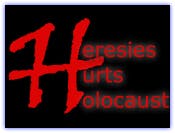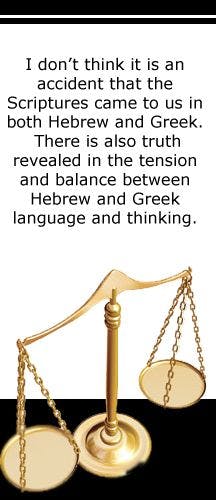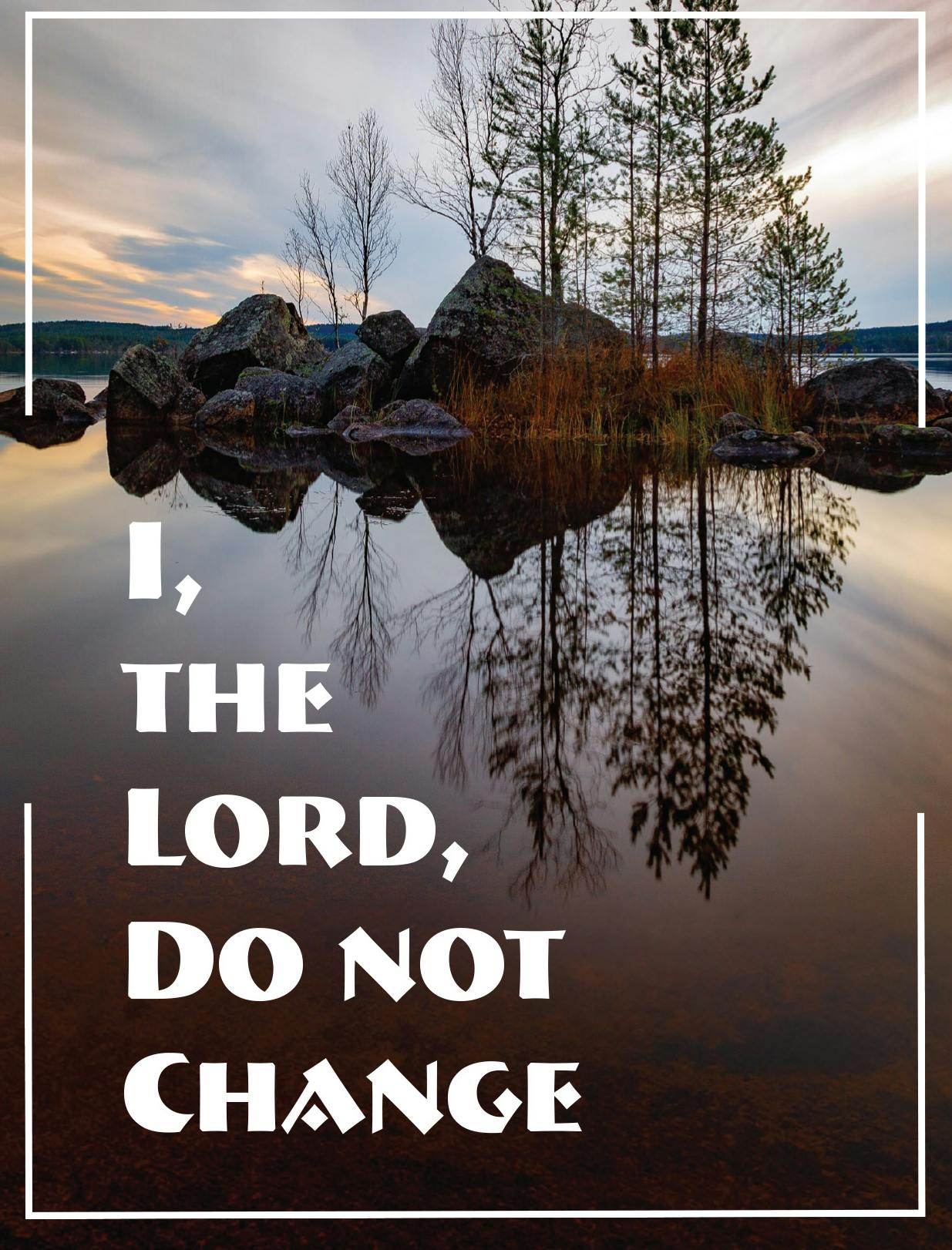Heresies, Hurts and the Holocaust

Download PDF Version
Editor’s note: Jim Solberg is the national director of Bridges for Peace in the United States. This message was delivered by Jim at the U.S. National Conference in 2004. I felt the information contained in this message was important and foundational to our understanding of the relationship between Christianity and Judaism, and underlined the need for the Church to reconnect to its Jewish roots as it did in its early days. Although this is a long message, I believe it will enrich you with its insights and is worthy of inclusion in our Israel Teaching Letter series.
When a Christian becomes more involved with Israel, the Jewish people, and learning about the Jewish roots of our Christian faith, we discover that a dark evil lies in our Christian closet: a legacy of hatred toward the Jewish people that culminated in discrimination, persecution, exile, and death, and included horrific events such as the Crusades, the Inquisition, the Pogroms, and the Holocaust.
Have you ever wondered what the Church might have avoided if we had kept our Jewish roots? It makes for an interesting study, which is the focus of our teaching this month. As I begin, let me give a couple of disclaimers. First, a modern religious Jew might not automatically agree with all I’m about to say. Dr. Marvin Wilson has a quote that I really like. He says that in the first century of the Common Era, i.e., the first century AD, two new religions were born: Christianity and modern Judaism. The reason that Dr. Wilson says this is because Judaism in the time of Yeshua (Jesus), when the Temple stood, was necessarily different from the Judaism of today. Judaism in the time of Yeshua and during the Temple era had many different elements. In our New Testament, we read about the Sadducees, Pharisees, and Essenes. Today, there are no Sadducees or Essenes. We read about the Temple and about the priests and their perspective. Today, there is neither a Temple nor a priestly group within Judaism making sacrifices or instructing and leading. So Judaism 2,000 years ago was different than it is today. While I do believe that the concepts I’ll discuss still echo within modern Judaism, I nevertheless feel certain some Jewish readers might not agree with my conclusions.
Second, in drawing some conclusions about ways the Church could have avoided certain mistakes if we had stayed connected to our Jewish roots, my other disclaimer is that I am not suggesting that if we were all Jewish everything would be perfect either. In fact, what I am actually suggesting is what you will see in 1 Corinthians 1:22-25, “For Jews request a sign, and Greeks seek after wisdom; but we preach Christ crucified, to the Jews a stumbling block and to the Greeks foolishness, but to those who are called, both Jews and Greeks, Christ the power of God and the wisdom of God. Because the foolishness of God is wiser than men, and the weakness of God is stronger than men.”

Let me propose a different way of thinking about these verses from what you may have thought before. Part of what this verse is telling us is that the Hebraic (or Jewish) way of thinking is different from the Greek (or Western) way of thinking. The two are very different. The premise I am operating on is that our faith is most enlightened and best refined when we take the tension between Greek thought and Hebraic thought and put God’s Word in between the two. I don’t think it is an accident that the Scriptures came to us in both Hebrew and Greek. I think we can potentially go off the deep end if we go so far in learning and loving our Hebrew roots that we think, “If only we were all Jewish and practicing Jewish rituals everything would be wonderful,” or “Greek isn’t as good as Hebrew,” and forget that there is also truth revealed in the tension and balance between Hebrew and Greek language and thinking. Later, I will discuss to some extent the tension of the middle ground. However, since the historical Church has leaned largely to the Greek side of thinking, most of what you are going to read will illustrate how we might have avoided some of the problems we find in the Church had we remembered our Hebrew roots.
A Parable Let me start by giving you a context in which to think about this. I’m going to share a story, actually a parable.Once upon a time, long, long ago, there were two brothers. The elder brother was much older, and as is typical of an elder sibling, he viewed it as his job to protect the rights and traditions of the family—to be the leader. The younger brother came up with some new and somewhat different ideas. The older brother didn’t like this. As typically happens between brothers, the two brothers fought. And as usually occurs, the older brother was bigger and stronger, and there were times that he hurt the younger brother. But as happens in a family, the younger brother grew and eventually became just as strong as the older brother. Now there is another thing about these brothers that you need to know. They lived in a far-away land ruled by an evil dictator. While they had battles between the two of them, their real problem and challenge was the evil dictator that ruled over them.
Then, as the brothers grew, a strange thing happened. The younger brother married the daughter of the dictator! Suddenly, the younger brother went from being persecuted by the dictator to now being part of the family of the dictator. As time went on, the older brother would have been happy to forget the feud. He had bigger problems. But the younger brother never forgot the feud. Both sides may have forgotten why the feud started, but the younger brother remembered the feud. As the younger brother gained power and authority as part of the dictator’s family, he started to exercise that authority to hurt and persecute the elder brother.
This didn’t go on only during the years while the older and younger brothers were still alive, but it also continued from generation to generation. In the United States, we have a somewhat parallel story concerning the Hatfield/McCoy feud in the Blue Ridge Mountains and how eventually all both families knew is that they were supposed to kill each other, but they couldn’t quite remember why. Regarding our parable family, their descendants continued this feud between the two brothers for centuries and for millennia. The older brother was named Jacob (Israel, the Jewish people) and the younger brother is us (Gentile Christians). We have inflicted great hurt and harm on our older brother and have never forgotten the tension of those early days.
Heresies
Now let’s look at some of the many heresies that have affected the historical Church. I assure you that I am not going to review every single one of them in detail. We may think that there were one or two big heresies; however, there were many, and they caused great strife and even battles in the Church. The following list is from the first four centuries of the emerging Church. Believe it or not, there were many more in later years as well. Look at the brief description of each one and see if you can find a theme among them:

Bibliography
The Catholic Encyclopedia. “Marcionites,” “Arianism,” and “Heresy.” http://www.newadvent.org/
Christian Apologetics and Research Ministry. “Heresies.”
http://www.carm.org/
Cooke, Graham (from Southampton, England; founded and directed the School of Prophecy).
Remark from tape series “The Way of the Warrior.” Ordering information available here
Pryor, Dwight (president, Center for Judaic-Christian Studies, Dayton, OH, www.jcstudies.com).
Remarks from presentations at Bridges for Peace United States National Conference, June 2004. Conference tapes available here.
The Voice of the Martyrs. http://www.persecution.com.
Related Resources

Discover Your Purpose and God’s Heart For You
In today's divided, turbulent world, it's essential for the Church to rediscover God's heart. Our free e-book, authored by a seasoned expert with three decades of experience in Israel, delves deep into the teachings of Jesus (Yeshua) to reveal God’s principles of love and purpose. Learn how embracing these truths can bring significance and impact to your life, even amidst chaos. Subscribe now to receive your free copy and embark on a journey of transformation.




